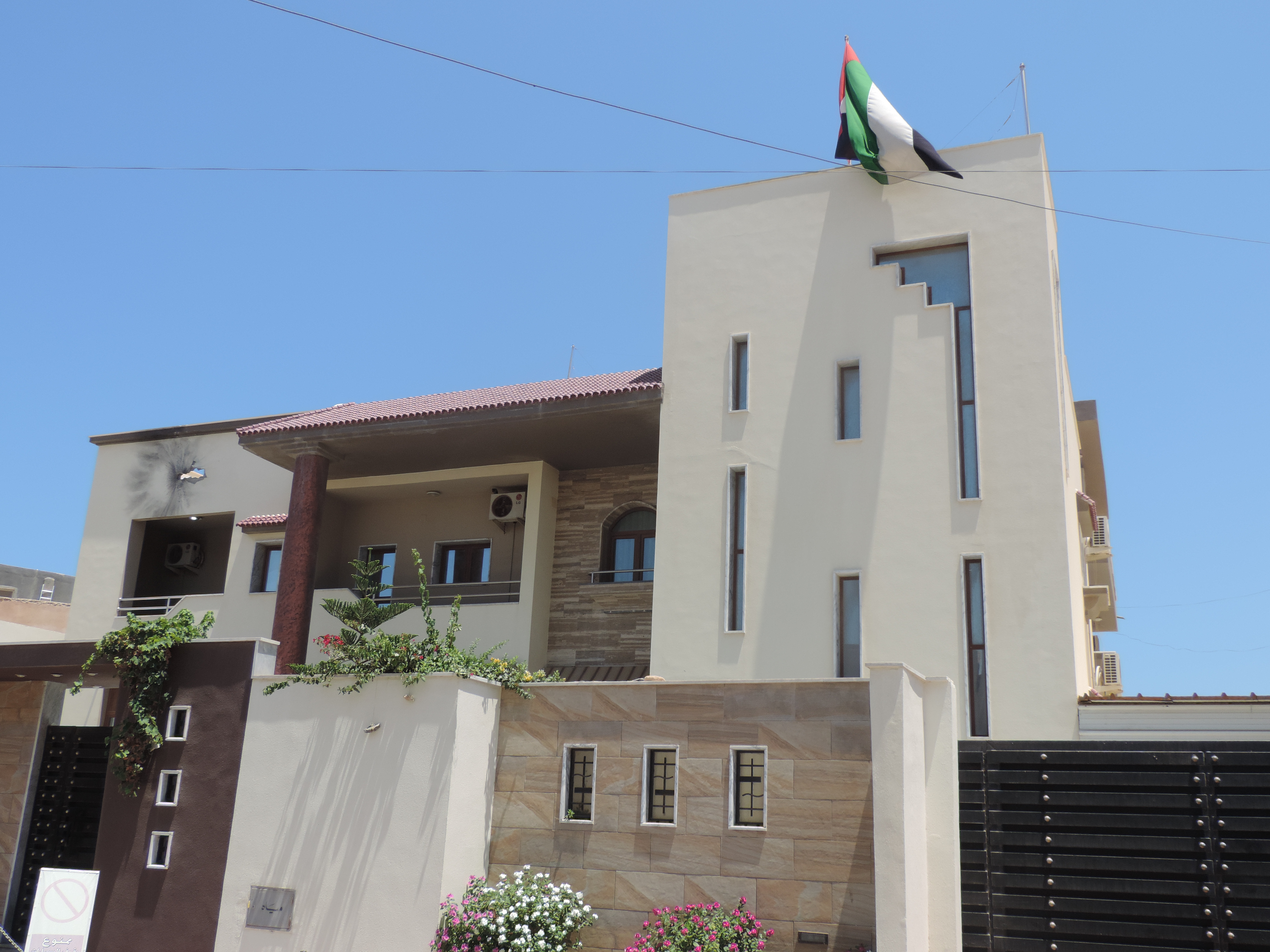By Umar Khan.
Tripoli, 25 July 2013:
The Minister for Local Government, Abubaker Al-Hadi Mohammed, has resigned.
The move was not, however, completely unexpected. . . .[restrict]Mohammed was one of a small handful of ministers seen to be affected by the Political Isolation Law (PIL), passed in June by the General National Congress (GNC).
The decision was confirmed by a senior source in the Ministry, who said that the Minister tendered his resignation after he was informed that the new PIL Standards Commission had ruled that he be “isolated” in accordance with the law.
“Yes, the Minister has indeed resigned after being informed about the PIL. He had two options, either to resign respectfully or be sacked. With the best intentions, he chose to resign without escalating anything,” the source said.
The PIL Standards Commission, which has replaced the former Integrity Commission and is headed by the same chairman, Hilal Senussi, is now fully functioning following the nomination of a number of members by the Supreme Judicial Council and then their swearing-in by the GNC earlier this month. Commonly referred to as the New Integrity Commission, it has already started sending out questionnaires to top officials in order to fully implement the controversial law. The same questionnaires, which seek to discover who served in key posts during the Qaddafi era, will eventually go to all officials. Anyone discovered to have lied on their questionnaire will face criminal charges.
The newly-appointed government spokesman, Abdussalam Sabri Sharief, was not available for comment on the resignation.
Mohammed was in the office for almost nine months but is not seen as having made much of a mark during the period. Seen within the Ministry as a slow mover, he made no changes to existing laws and or any progress on the local administration law prepared by Mohammed Hadi Hashemi Harari who served as minister in Abdurrahim Al-Kib’s government. There have been allegations that Mohammed had numerous problems with a number of ministry officials resulting in a few resigning in protest.
According to sources, government officials have already been in contact with a number of possible candidates to replace Mohammed. “We have already spoken with two candidates. One has refused, citing personal reasons, but we are still making contact with others,” said an official on condition of anonymity.
It is not only ministers who will be affected by the PIL. Several members of Congress are also set to fall as a result of it, among them the First Deputy President, Juma Ateega.
The former head of Congress, Mohamed Magarief, who 30 years ago served as a Libyan Ambassador in India, resigned in May rather than wait to be sacked. [/restrict]






